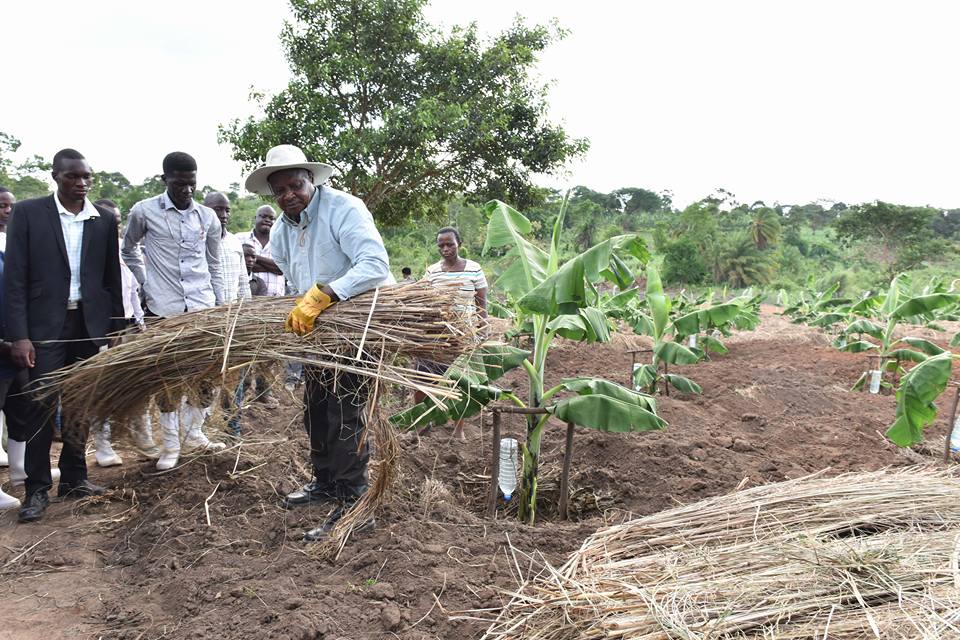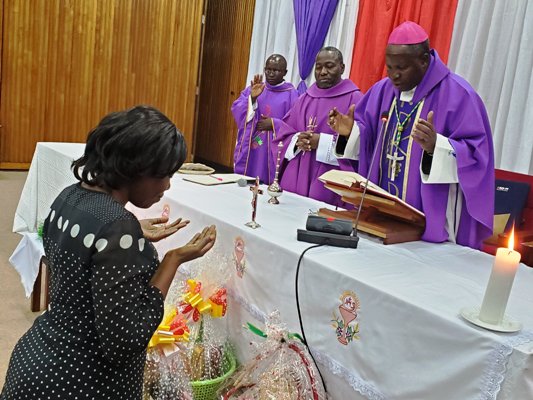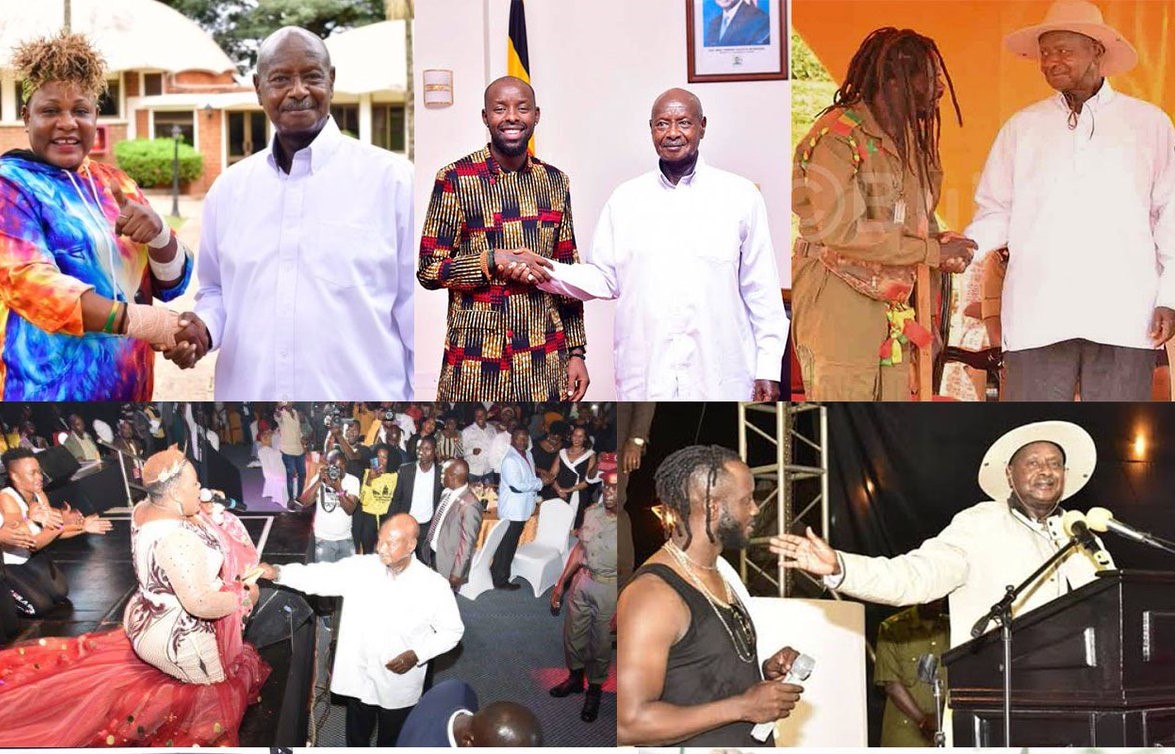John Musinguzi, the URA Commissioner General
Uganda Revenue Authority (URA) has revealed that if the newly proposed costs of digital number plates are enforced in Uganda, the tax body would collect Shs12.8Bn per month or over Shs154bn annually in taxes.
John Musinguzi, the URA Commissioner General, made the remarks while appearing before Parliament’s Physical Infrastructure Committee to respond to concerns in a petition by traders under their umbrella body, Kampala Capital City Traders Association (KACITA) who asked Parliament to halt the implementation of digital number plates, until the exorbitant prices proposed by the contractor are revised.
Asked by the MPs to explain how much money would be collected from the digital number plates, Musinguzi said, “Uganda gets 14,197 motorcycles and 3,806 motor vehicles per month and when you multiply each by sh714,300 as the new digital number plate charge, you get Shs10Bn and Shs2Bn respectively, which comes to Shs12Bn.”
The contract to manage digital number plates was awarded to Russian based company- Joint Stock Global Security Company.
Musinguzi called for revision of the pricing, warning that the proposed costs would likely erode incomes of a certain category like boda boda riders.
“If the cost is prohibitive, maybe a number of vehicle owners may not afford the number plates. I think it is important that the negotiators go for the most optimal because there is a benefit they want to achieve, but also a cost that would be draining money from taxpayers which could be spent on other areas, other than this technology. I think in my opinion charging Shs714,300 from boda boda, probably registration and clearance of boda bodas will significantly reduce, but I don’t have the numbers,” said Musinguzi.
He blamed the delays on the failure by Ministry of Security and the Russian Company to provide details on revenue sharing models, as one of the conditions URA set after the contractor asked to get access to Uganda’s tax register.





